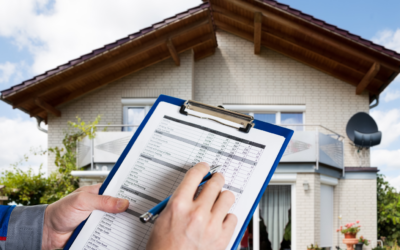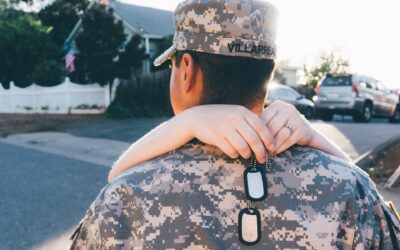It only takes one storm to change your life and community. Tropical cyclones are among nature’s most powerful and destructive phenomena. If you live in an area prone to tropical cyclones, you need to be prepared. Even areas well away from the coastline can be threatened by dangerous flooding, destructive winds and tornadoes from these storms. The National Hurricane Center issues watches, warnings, forecasts, and analyses of hazardous tropical weather.
The primary hazards from hurricanes are storm surge flooding, inland flooding from heavy rains, destructive winds, tornadoes, and high surf and rip currents. While hurricanes pose the greatest threat to life and property, tropical storms and depressions can also be devastating. Flooding from heavy rains can cause extensive damage and loss of life. For example, Tropical Storm Allison produced more than 40 inches of rain in the Houston area in 2001, causing about $5 billion in damage and taking the lives of 41 people.
Storm surge has the potential to cause the largest loss of life in hurricanes. Since 1963, storm surge has caused nearly half of the deaths in the United States in tropical cyclones. Water, not wind, has accounted for nearly 90 percent of all tropical cyclone deaths in the U.S. during that time.
Storm surge is dangerous because a mere six inches of fast-moving flood water can knock over an adult. It takes only two feet of rushing water to carry away most vehicles–including large pickup trucks and SUVs.
The Time to Prepare is NOW!
What should you do to prepare for a hurricane?
Get a plan. The most important step is to identify your hurricane risk. Do you live in an evacuation zone? If so, you need to plan on where you and your family would ride out the storm if you are told to evacuate. Most people only need to evacuate a few miles from the coast to avoid the dangers of storm surge. Find a friend or relative that lives outside the storm surge evacuation zone and have a plan to ride out the storm with them. You should also establish a family communications plan in case you are not together when you need to evacuate.
Please open the attached PDF for a Hurricane Safety Checklist form The American Red Cross
Citizens should also visit their State Emergency Management Agency websites for family disaster plan templates that may be more suited to a local area.
Resources
Vital resources to help you prepare include:
- Hurricanes.gov, which provides critical hurricane advisories and marine forecasts.
- Weather.gov for the latest forecasts for your part of the country.
- Ready.gov for additional preparedness information.
What We’re Doing
The mission of the National Weather Service (NWS) is to provide weather, water, and climate data, forecasts and warnings for the protection of life and property and enhancement of the national economy. Its vision is of a Weather-Ready Nation, one that is prepared for and responds to weather-dependent events.
The mission of the National Hurricane Center (NHC) is to save lives, mitigate property loss, and improve economic efficiency by issuing watches, warnings, forecasts, and analyses of hazardous tropical weather and by increasing understanding of these hazards. The NHC vision is to be America’s calm, clear, and trusted voice in the eye of the storm and, with its partners, enable communities to be safe from tropical weather threats.



